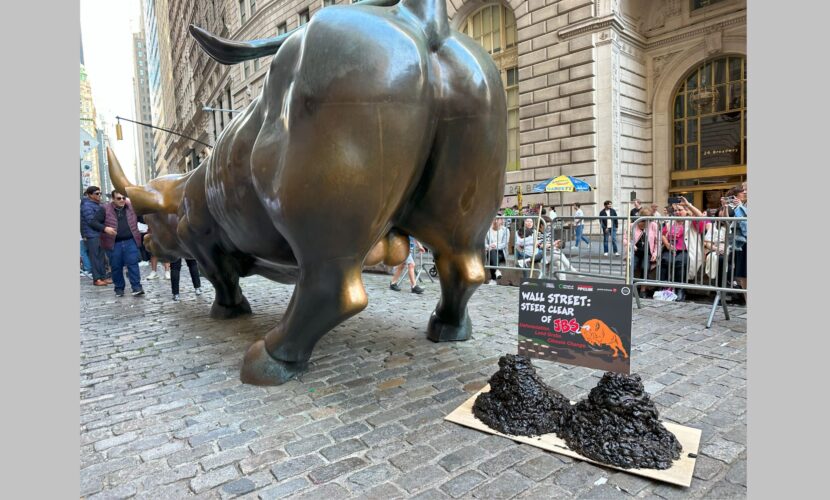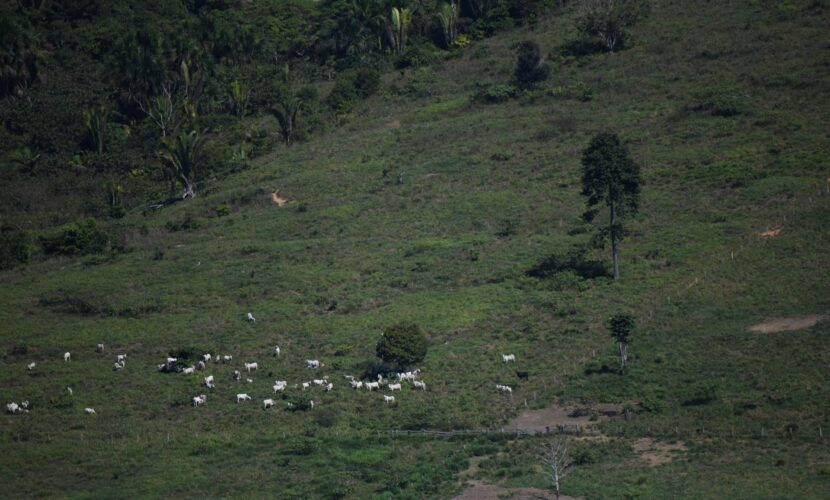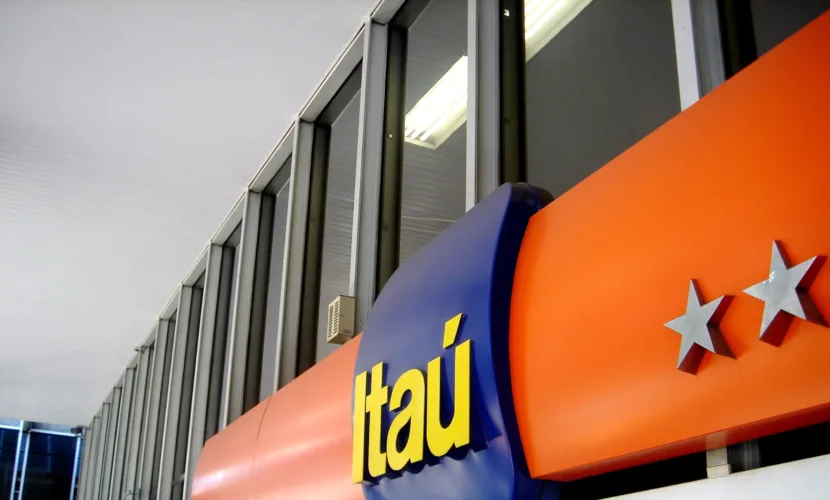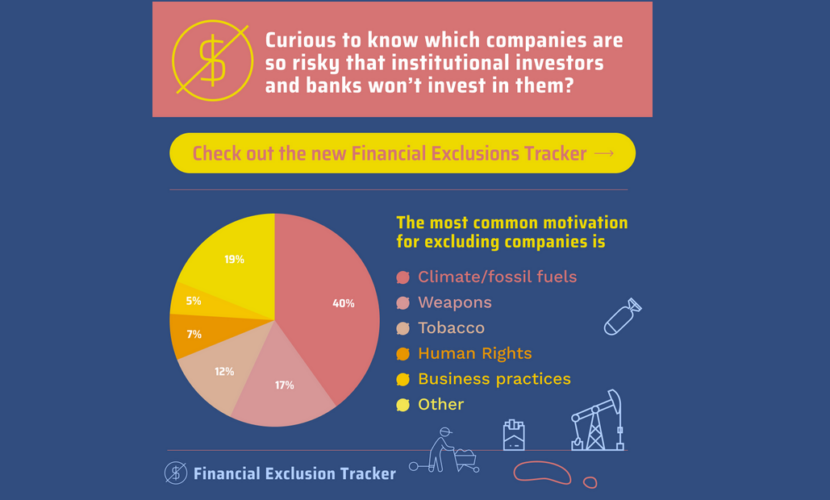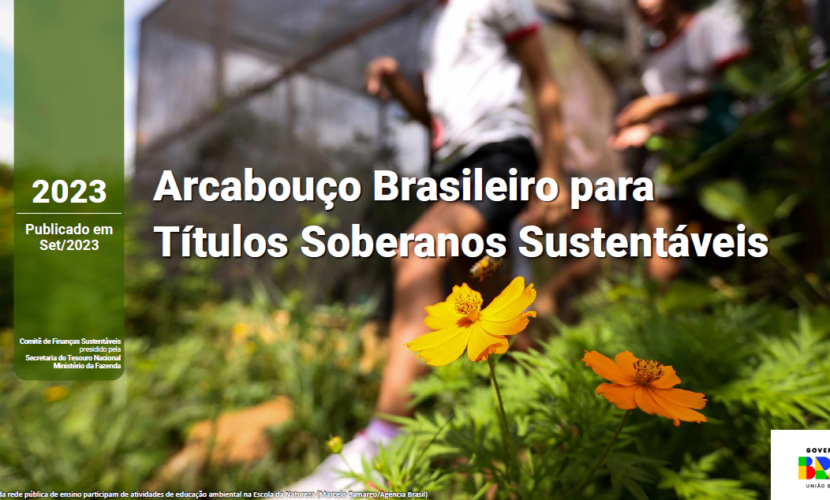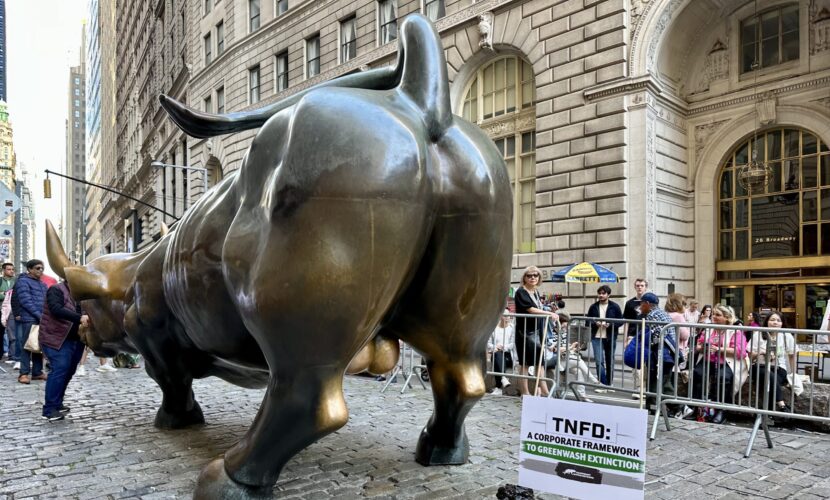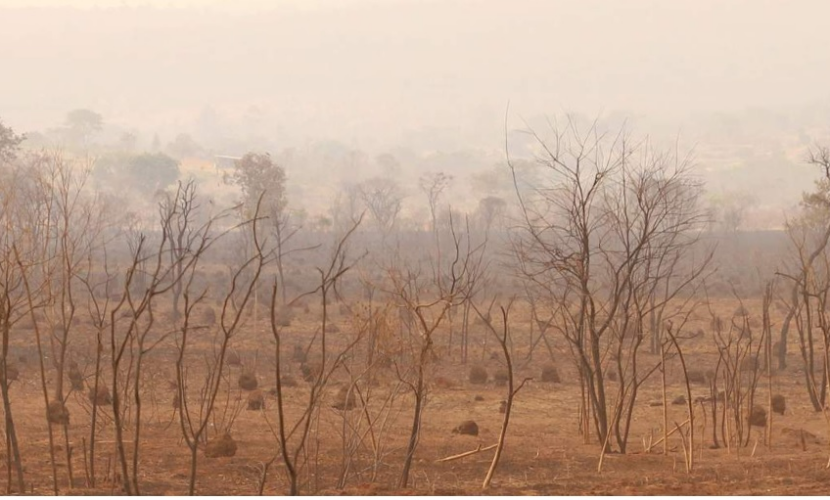Actualités
The Chain: Les investisseurs soutiennent les lois proposées aux États-Unis qui visent à réduire la déforestation dans les chaînes d’approvisionnement en matières premières

Investors are continuing to urge governments and companies to take actions to conserve forests and curb commodity-driven deforestation. A group of NGOs and activist investors are currently putting together a sign-on letter in support of three key pieces of legislation in the United States that aim to decrease deforestation risks and human rights abuses in U.S. agricultural commodity supply chains. Investors have until April 28 to sign on (see here). Green Century Capital Management and Boston Common Asset Management are, with others, among the list of signatories.
One bill, the Fostering Overseas Rule of Law and Environmentally Sound Trade (FOREST) Act, was introduced in Congress last year and “establishes a framework and set of standards that would likely shape industry practice to address risks and impacts associated with deforestation,” according to the draft letter. The law would, among other things, seek to provide financial assistance to countries where production takes place, stop imports of commodities from deforested land, shore up corporate supply chain management, and set up U.S. government procurement standards.
The other two pieces of legislation are at the state level. In California and New York, lawmakers are considering public procurement legislation. If these laws pass, the state governments would have to purchase products that are free of deforestation and human rights abuses.
The laws would bring about significant changes for supply chains in major markets, stimulating demand for products that are sourced deforestation free. In the United States, approximately 40 percent of GDP is generated from sectors that are directly exposed to risks from commodities.
Investors have been instrumental in raising awareness around the financial, reputational, legal, and business risks connected to deforestation and related human rights abuses. Some financial institutions engage with companies to influence them to execute zero-deforestation policies at low costs, which can lead to large shareholders’ benefits. At COP26, when more than 100 countries agreed to eliminate deforestation by 2030, investments firms with almost $9 trillion in assets under management said they would remove, by 2025, any investments in agricultural commodities that contribute to deforestation. A large number of investors, meanwhile, have publicly supported EU due diligence regulation. A group of investors in 2020 urged the Indonesian government to protect the country’s forests and pass robust legislation that addresses a wide range of ESG issues. In 2019 and 2020, when there were heavy fires in the Amazon and the Cerrado, financial institutions asked the Brazilian government to take immediate action to reduce deforestation and pressure companies in agricultural supply chains. And in 2018, investors wrote the Roundtable on Sustainable Palm Oil (RSPO) to urge the organization to strengthen its oversight of companies in the palm oil industry so companies are held to higher standards.
While U.S. lawmakers debate the current bills in California, New York, and Congress, regulators in the United States are on the cusp of requiring disclosure requirements that could have large ramifications for companies that operate in agricultural commodities. The U.S. Securities and Exchange (SEC), in its draft rule released March 22, proposed regulations that would require companies to disclose their emissions, the impact of climate-related risks, implementation strategies for their climate commitments and pledges, among other details. The rule, if adopted, would be a watershed moment for transparency around climate risks as it would provide investors with consistent and timely information needed to engage with companies on climate-related risks. The SEC has proposed that companies disclose Scope 3 emissions if “material,” which would be critical for agricultural commodities and deforestation risks. An overwhelming majority of emissions for downstream companies in the forest, food, and land sector are Scope 3. This added transparency would allow downstream companies and their investors to engage suppliers over their Scope 3 emissions and possible connections to deforestation.
The U.S. efforts on supply chains are also taking place at the same time other jurisdictions like the EU are looking to strengthen regulations to reduce deforestation in agricultural commodity imports. For instance, in November of last year, the EU parliament published a draft of the EU zero-deforestation due-diligence regulation. Under this regulation, companies that purchase soy, beef, coffee, cocoa, timber, and palm oil and derived products such as leather, chocolate, and furniture would need to show that their products do not come from areas deforested after December 2020. Implementation of this regulation would increase traceability and transparency in commodities supply chains and also pressure producer countries to take further actions to tackle deforestation.
This article was originally posted on the site of Chain Reaction Research

